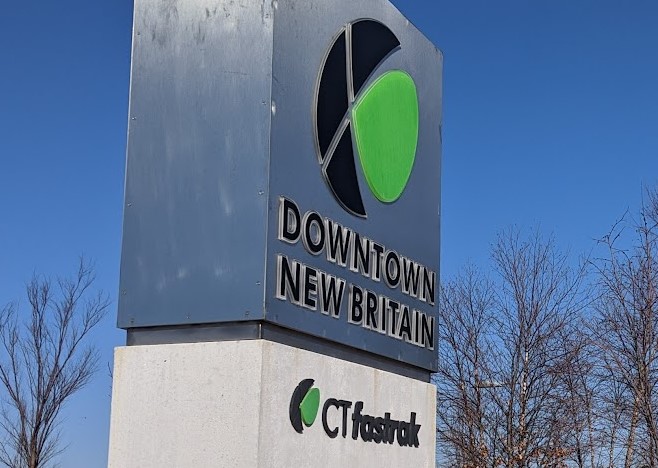By Aram Ayalon,
In a June 12, 2024, article on the New Britain Progressive my opponent for District 26 state representative is cited as proposing a $200 million investment in municipal infrastructure to address sewer and flooding issues funded by recent state budget surpluses. New Britain has suffered from flooding in certain areas in the past few years and badly needs investment in these areas, so who would object to such a proposal? In the following paragraphs I will show my opponent’s lack of understanding and knowledge of state budget politics and how money is allocated for local projects.
As some of the readers know, Connecticut governor and legislator agreed on Fiscal “guardrail” scheme to pay for unpaid pension liabilities and reduce state debt but still has $39 billion in unpaid pension liability. Yet, in November 2023, Governor Lamont and Connecticut leaders gathered in a summit to highlight infrastructure plans for the next decade and beyond. In the summit it was mentioned that the federal government already provided $6 billion for infrastructure and more to come. Indeed, the summit panelist agreed that Connecticut needs to invest in upgrading the water, sewer systems and address flooding and other issues caused by climate change.
New Britain did receive, in the past 4 years, $56 million of COVID-related money that could have been used for infrastructure development. Yet, mayor Stewart decided not to use the money to fix the much-needed flooding problems in the city.
In the infrastructure summit, according to CT Mirror, Connecticut’s more urgent needs at present are: investing in affordable housing, schools, higher education, elder care, and mental health. In New Britain, for example, the number of unhoused individuals is growing, and the number of evictions is record high. Furthermore, the school system has the second lowest expenditure per student in the state of Connecticut.
Given the various needs, the state’s budget surplus could be used for a variety of purposes. Infrastructure improvement is better funded by federal grants but only if local municipalities, like New Britain, are kept accountable in investing in needed infrastructure and not in projects that bring more votes.
While investment in New Britain flooding issues and related infrastructure is a top priority, using surplus state budget is not the answer as it would be better used to address housing, education, and healthcare issues. Two hundred million dollars in infrastructure when divided by the number towns in Connecticut will provide little money to New Britain. Federal grants are a better source for such projects. The real challenge is for the federal and state agencies is to ensure local municipalities don’t misuse infrastructure federal and state grant for politically expedient projects.
In conclusion, the $200 million infrastructure proposal of my opponent is an election gimmick and deserves more in-depth understanding of Connecticut funding issues. As a state representative with 12 years of experience as an elected official in New Britain I will work with state and federal agencies to tighten infrastructure project specifications to avoid the continuous misuse of grants as we have seen in New Britain.
Editor’s note: The cover photo is by local photographer Frank Gerrratana.




